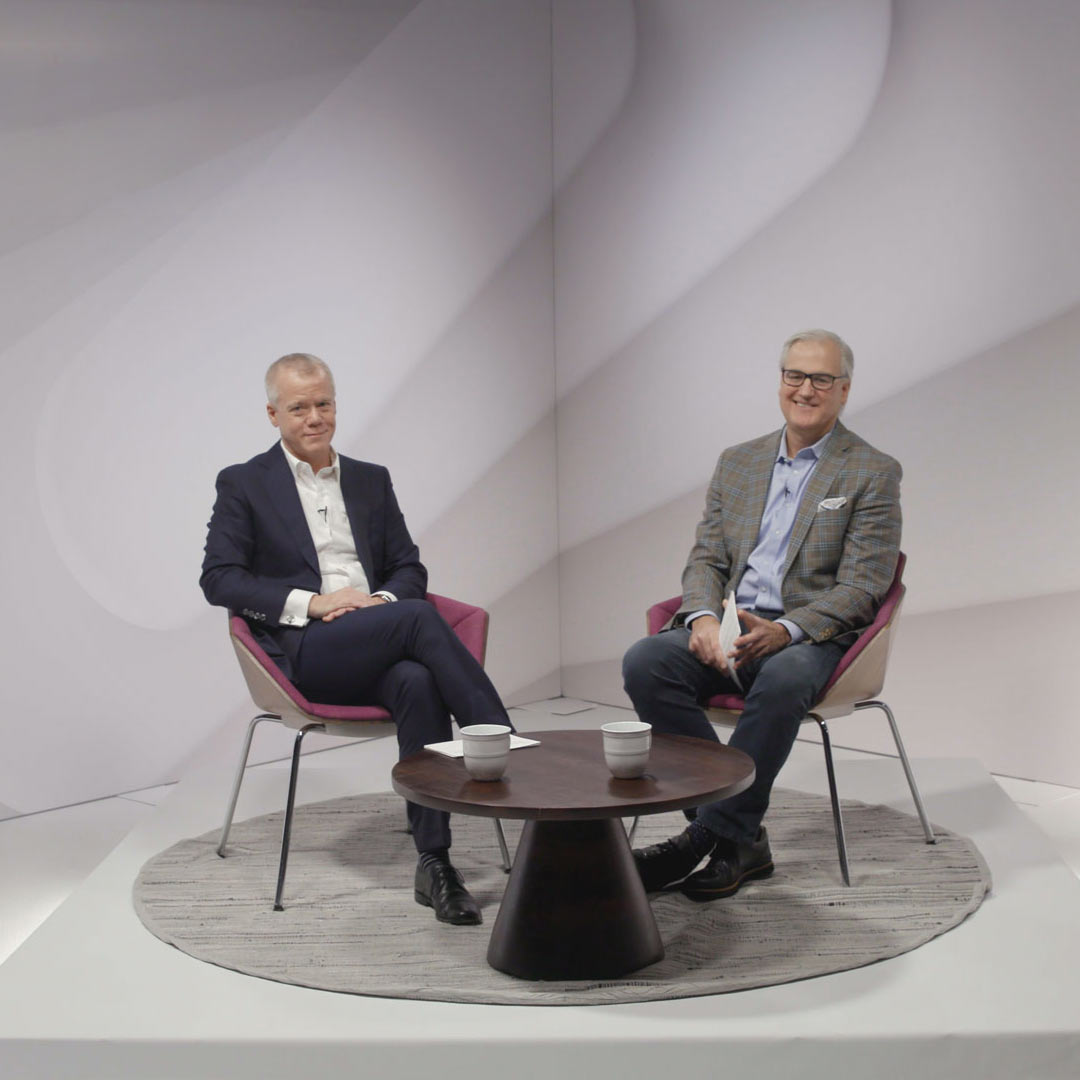How BMS is Different
Our Working Together for Patients program is at the center of everything we do at Bristol Myers Squibb, but what does that mean? For us, it increasingly means thinking differently about how we listen to and seek to understand patient needs.
We seek insights from people living with diseases we are researching. We encourage members of our scientific teams to meet with patients and integrate their perspective into activities such as clinical trial protocols and barriers to participation. We strive to help people learn about our clinical trials and connect with other patients suffering with the same disease.
A key way we do this is through Study Connect, a website for patients and caregivers who want to learn more about participation in clinical trials. It also provides support and connections to others in the community before, during and after a clinical trial.
We also incorporate patient-reported outcomes endpoints into most Phase 2 to Phase 4 clinical trials. Our goal is to go beyond evaluating the disease treatment to also study participants’ quality of life and satisfaction with care.
How BMS Collaborates with Partners
Another way to improve patient care is by collaborating with different stakeholders in the healthcare system. These unique partnerships increase innovation and help improve quality of life for patients.
Take for example All.Can. BMS launched this initiative with Amgen and Merck a year ago to bring together policymakers, healthcare professionals, patient advocacy groups and industry representatives who each have a stake in improving cancer care for patients. Running both country-level and global initiatives, All.Can works to advance projects and to recommend policies to improve health care systems and patient treatments.
Another project, the Immuno-Oncology Teach Initiative, helps oncology nurses educate Immuno-oncology (I-O) therapy patients on how the immune system fights cancer, how I-O therapies work with the immune system, and how to identify and report side effects that may be related to treatment. While a chemo patient typically is instructed to bear down and get through side effects, I-O patients need to be engaged and educated on how to report their side effects immediately to their care teams. As part of the program, BMS has created both in-office teaching materials for health care professionals as well as take-home materials and on-line educational videos that patients can use at home or when they are being treated by someone other than their oncology care team.
How BMS Strives to Help Patients
We know that patients can only benefit from our medicines if they can access them. Unfortunately, the pricing of medicines in the U.S. is a complicated subject. Patients deserve and need more information about the costs of medicines.
To this end, we are taking steps to update our U.S. product websites to include prices, potential out-of-pocket costs based on insurance coverage, and information about assistance programs and services for people who need help affording their medications. In 2018, BMS provided more than $1.2 billion in free medicines to more than 78,000 patients in the U.S. through company patient assistance programs and donations to independent charitable organizations, such as the Bristol Myers Squibb Patient Assistance Foundation Inc.
Our goal always has been to get the right treatment to the right patient at the right time. As we strive to help our patients get better, our patients are making us better as well.


